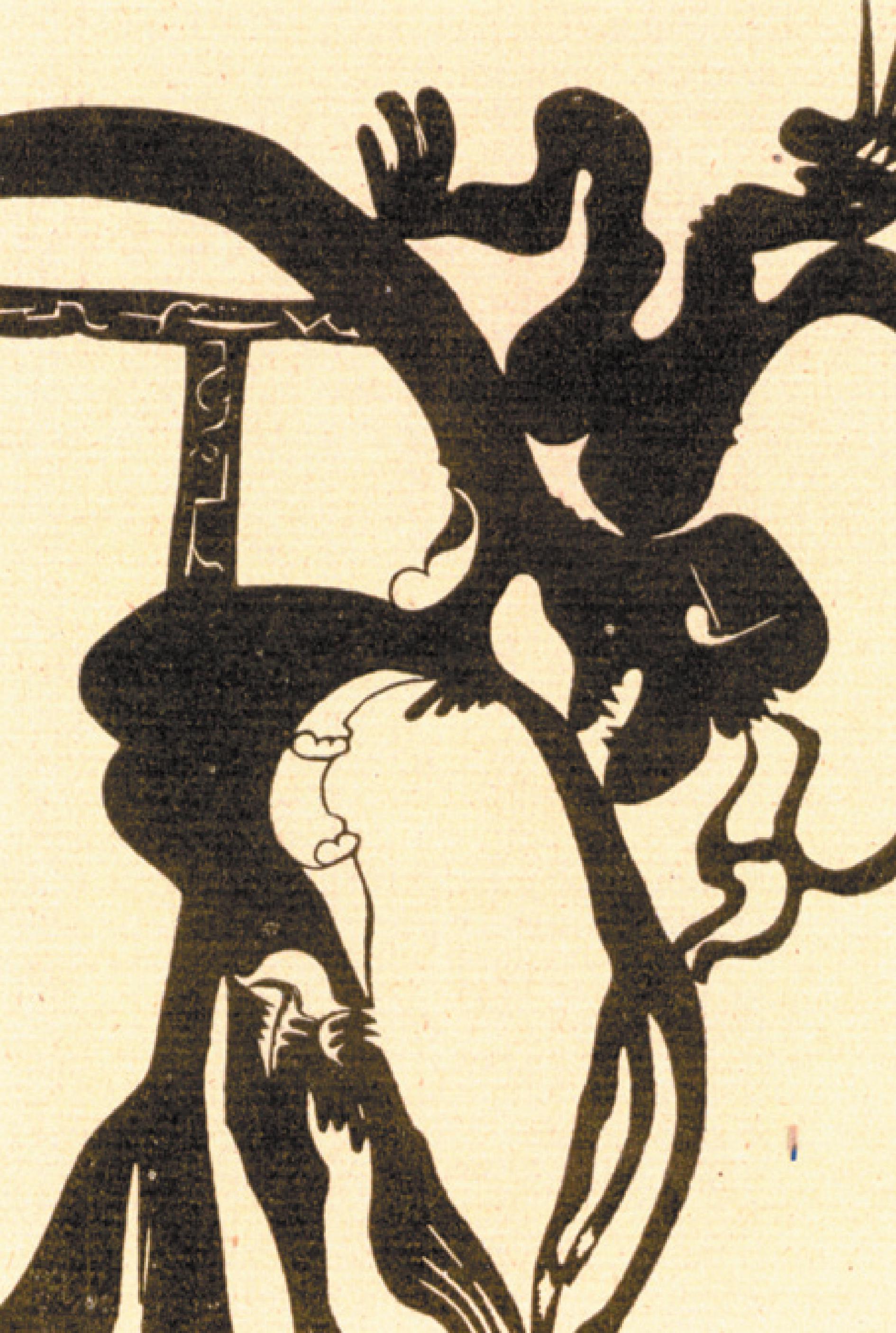Płeć i słowa. Różnicowanie Schulza
Gender and words. Schulz differentiation
Author(s): Jakub OrzeszekSubject(s): Polish Literature
Published by: Fundacja Terytoria Książki
Keywords: Schulz; Witold Gombrowicz
Summary/Abstract: In an interesting and in some ways innovative essay, “Two Romantic Worlds. On Bruno Schulz and Witold Gombrowicz” [Dwa światy romantyczne. O Brunonie Schulzu i Witoldzie Gombrowiczu], published in 1938 in Skamander, Henryk Vogler called Schulz „the most genuine – perhaps even the only – representative of femininity in our literature.” This intuitive claim certainly deserves to be remembered not only because Vogler as the only critic of the inter-war period and one of very few at that time made an attempt to turn gender into an aesthetic category applicable to Schulz’s fiction, but also because he recognized its “femininity” as a value. Such an approach was by no means obvious. Along with the development of feminist movements and the crisis of masculinity which surfaced in literature and art after the Great War, opposite trends were still present in the inter-war decades. They were trying not only to conserve, but to strengthen the hegemonic fascist model of masculinity also in Poland of the 1930s. If, however, Schulz’s fiction has some features of the feminine writing – if such comparison can shed some light on his stories – he came close not so much to the styles which were radically opposite, i.e. dependent on the masculine idiom, but to those which worked through “delicate deviations” as if from the inside, destabilizing and opening it to new contexts. In this case, “delicate” is not a synonym of „insignificant,” but points at hardly comprehensible, ambiguous rhythms of the écriture feminine. Asking questions about the ties which connect gender and modes of expression, we keep moving along delicate boundaries separating existence, aesthetics, ethics, and politics. This, suggests Elaine Showalter, „makes us obliged to answer with equal delicacy and precision.” I believe that in the case of Schulz instead of strong oppositions one should rather emphasize movement – a continuous, endless process of differentiating instead of a polar opposition of the masculine and feminine.
Journal: Schulz/Forum
- Issue Year: 2021
- Issue No: 17-18
- Page Range: 25-48
- Page Count: 24
- Language: Polish

